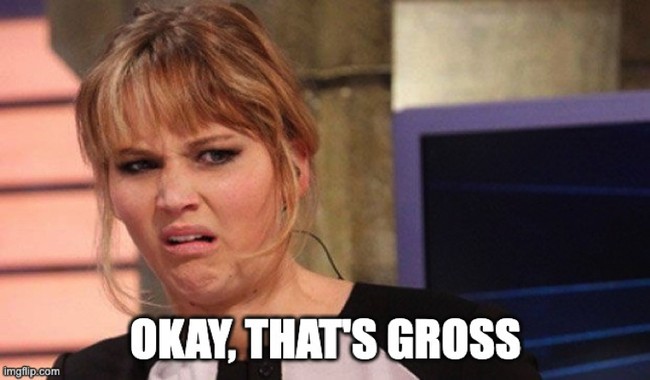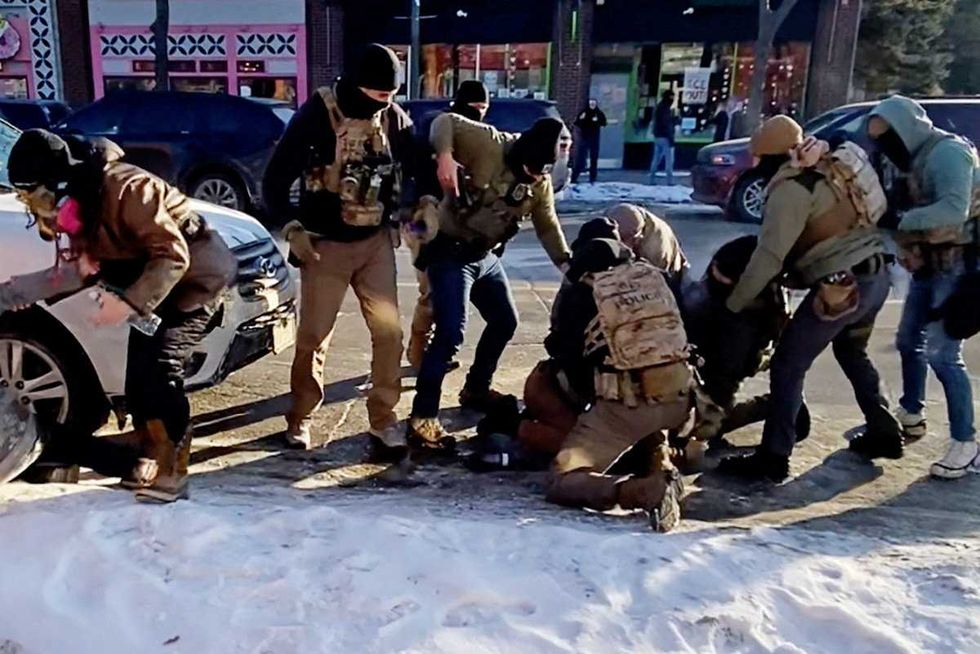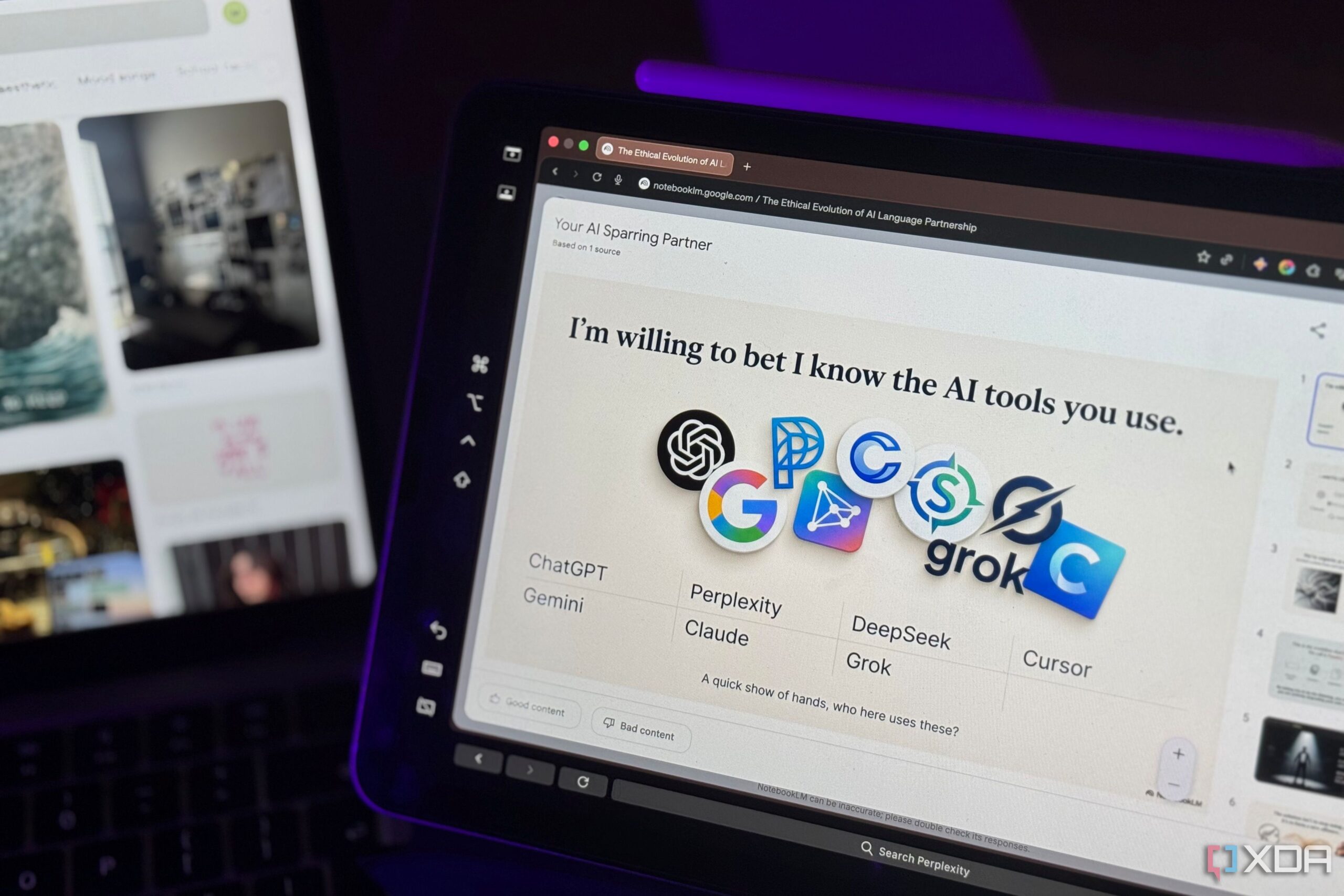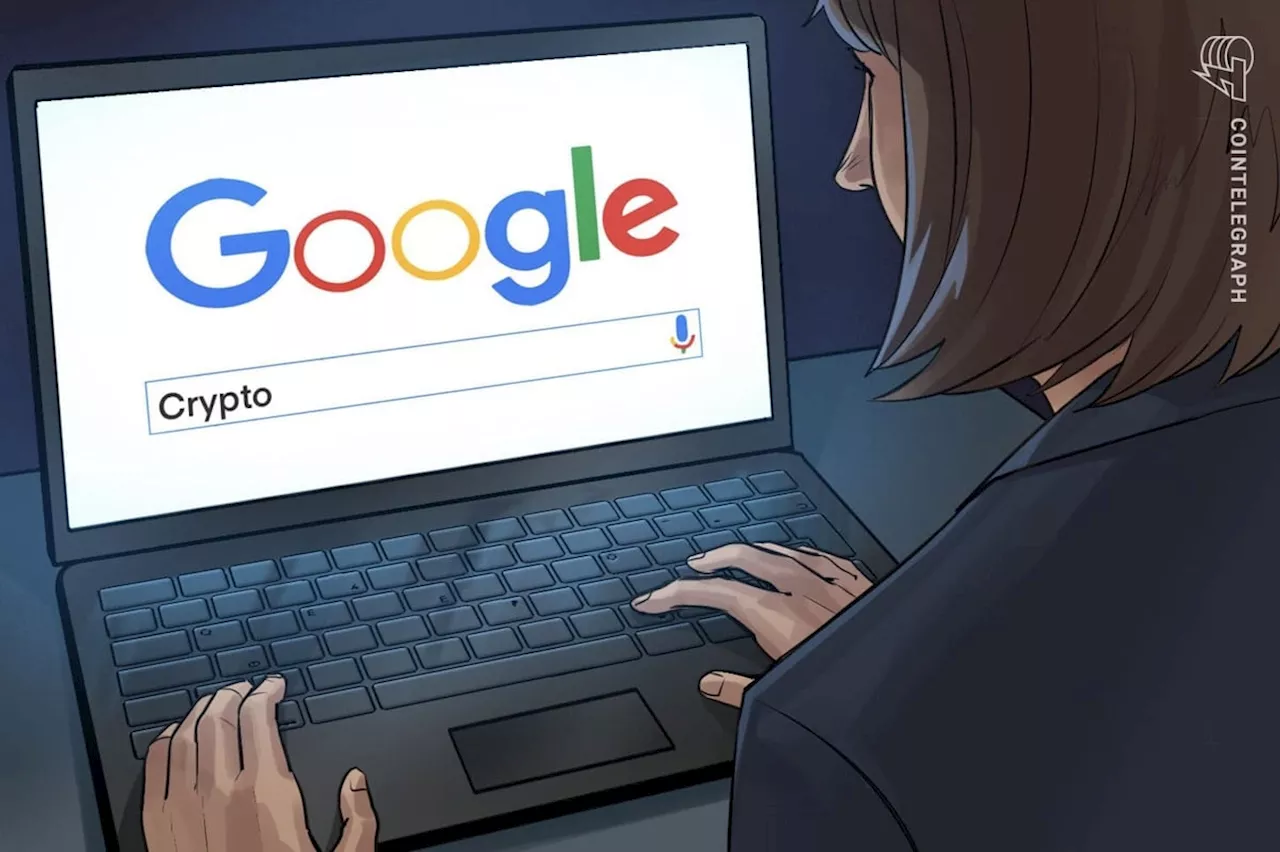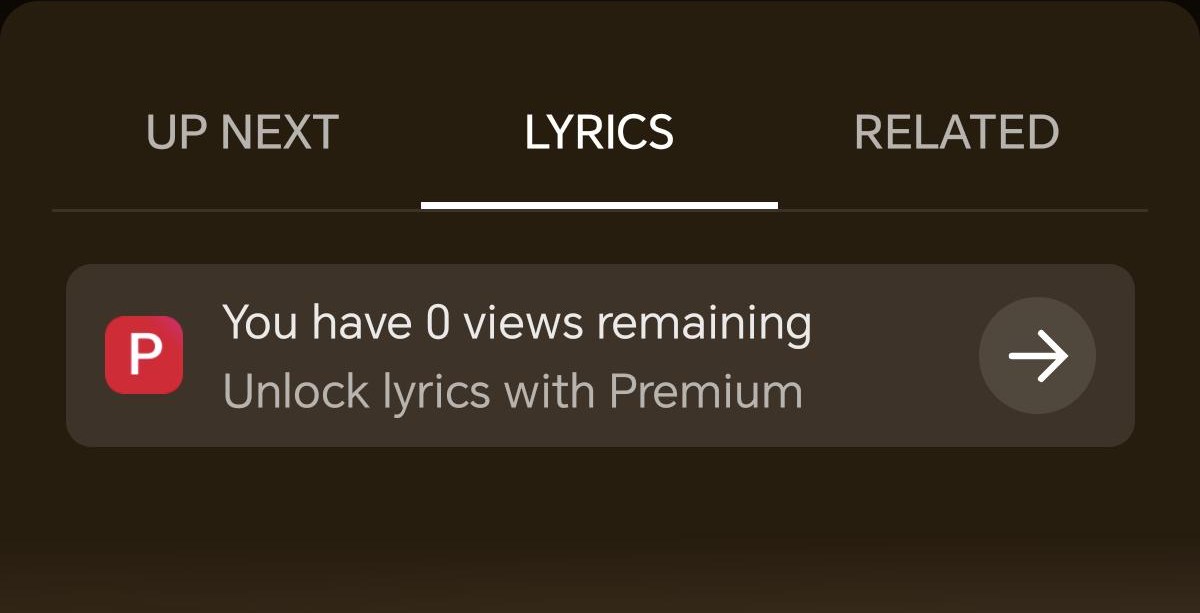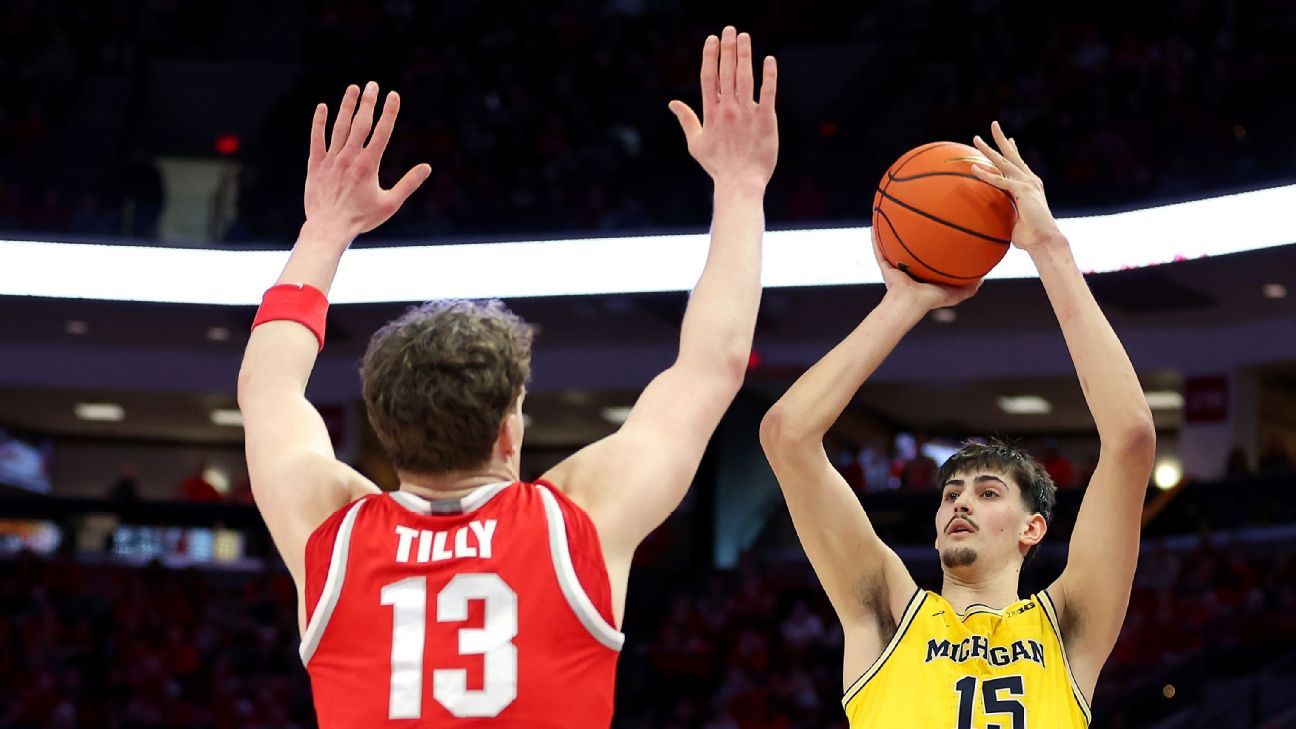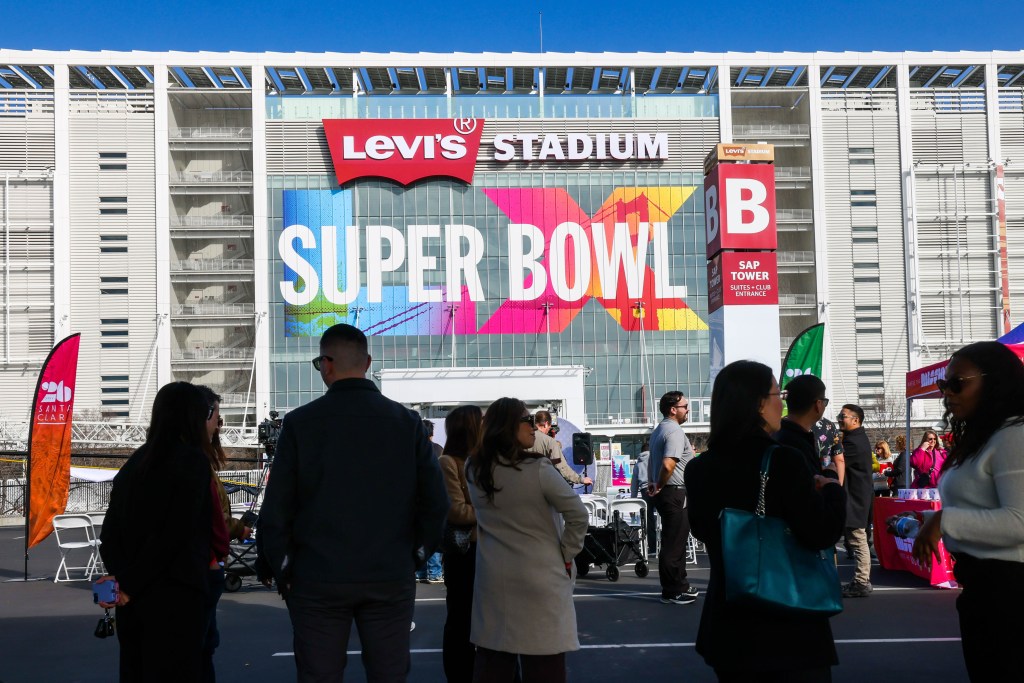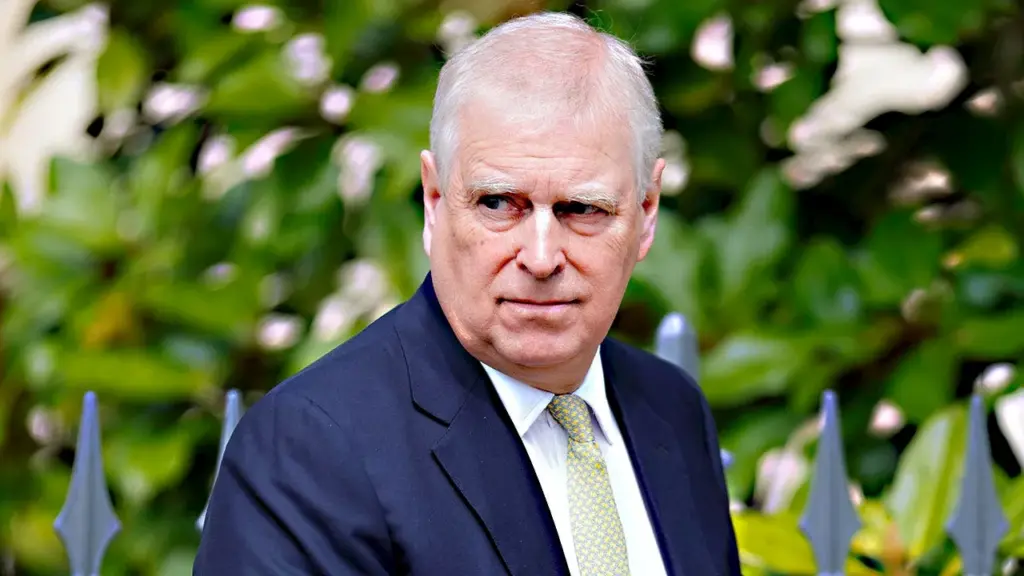
YouTube has removed the accounts of three prominent Palestinian rights organizations, deleting hundreds of videos that documented alleged human rights violations by Israel. This action aligns with sanctions imposed by the U.S. government under the Trump administration, targeting groups that have supported investigations into Israeli officials for war crimes.
In October 2023, YouTube, owned by Google, deleted the accounts of Al-Haq, the Al Mezan Center for Human Rights, and the Palestinian Center for Human Rights. This decision followed sanctions announced in September by U.S. Secretary of State Marco Rubio, who stated that these organizations engaged in efforts to investigate and prosecute Israeli nationals without Israel’s consent. The sanctions are part of broader U.S. measures aimed at curtailing criticisms of Israel’s actions in Gaza.
The deleted channels contained more than 700 videos, including significant content like an investigative report on the killing of Palestinian-American journalist Shireen Abu Akleh by Israeli forces and documentation of home demolitions in the West Bank. The video hosting platform confirmed to The Intercept that these removals were made to comply with federal sanctions, with a spokesperson stating, “Google is committed to compliance with applicable sanctions and trade compliance laws.”
Critics of the move have condemned it as an infringement on free speech and a means of erasing evidence of human rights abuses. Katherine Gallagher, a senior attorney at the Center for Constitutional Rights, described the action as “outrageous,” arguing that it furthers the agenda of the Trump administration to silence evidence of war crimes.
YouTube’s actions are not isolated incidents. Reports indicate that the platform has previously collaborated with individuals from Israel’s tech sector to suppress content critical of Israeli military actions. Documentarian and journalist Robert Inlakesh expressed frustration over the deletion of his account, which included videos of Israeli soldiers shooting civilians. He stated that no community guidelines were violated and criticized the lack of communication from Google regarding his content’s removal.
Despite the sanctions, observers like Sarah Leah Whitson, executive director of Democracy for the Arab World Now, argue that there is little legal justification for YouTube’s compliance. She noted, “It’s hard to imagine any serious argument that sharing information from these Palestinian human rights organizations would somehow violate sanctions.”
The Palestinian Center for Human Rights has demanded clarity on what specific policies led to their channel’s removal. Basel al-Sourani, the center’s international advocacy officer, emphasized that their work is grounded in factual reporting of the ongoing violence against Palestinians. He stated, “By doing this, YouTube is complicit in silencing the voices of Palestinian victims.”
As the situation develops, the implications of YouTube’s actions extend beyond individual accounts, raising significant concerns about censorship and the accessibility of information regarding human rights violations in conflict zones. The broader impact of the U.S. sanctions on freedom of expression remains to be seen as advocacy groups continue to challenge these policies.
